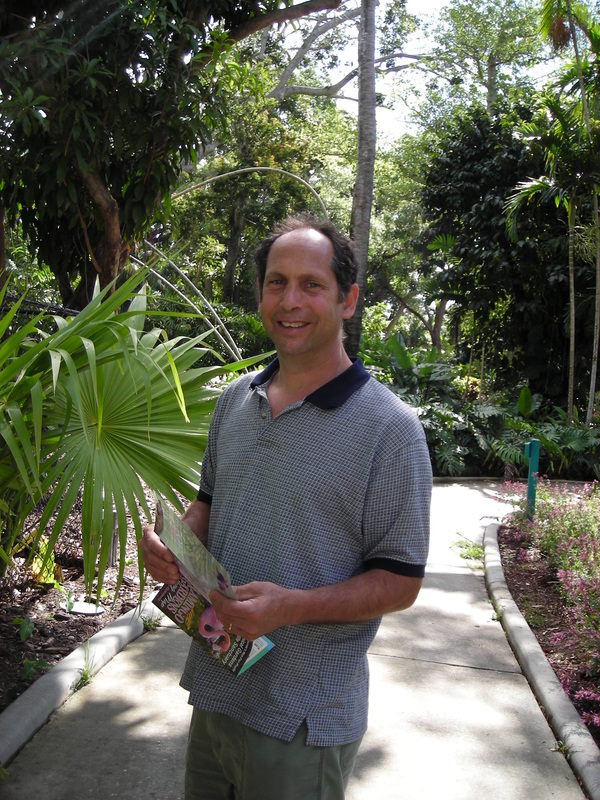Hakuin Zenji’s Song of Zazen
All sentient beings are essentially Buddhas. As with water and ice,
there is no ice without water; apart from sentient beings, there are no
Buddhas. Not knowing how close the truth is we seek it far away – what a pity!
We are like one who in the midst of water cries out desperately in
thirst. We are like the son of a rich man who wandered away among the
poor.
The reason we transmigrate through the Six Realms is because
we are lost in the darkness of ignorance.
Going further and further astray in the darkness, how can we ever be
free from birth-and-death?
As for the Mahayana practice of zazen, there are no words to praise it fully. The Six Paramitas, such as giving, maintaining the precepts, and various other good deeds like
invoking the Buddha’s name, repentance, and spiritual training,
all finally return to the practice of zazen. Even those who have sat zazen
only once will see all karma erased. Nowhere will they find evil
paths, and the Pure Land will not be far away.
If we listen even once with open heart to this truth, then praise it
and gladly embrace it, how much more so then, if on reflecting within
ourselves we directly realize Self-nature, giving proof to the truth
that Self-nature is no nature. We will have gone far beyond idle
speculation.
The gate of the oneness of cause and effect is thereby opened, and
not-two, not-three, straight ahead runs the Way.
Realizing the form of no-form as form, whether going or returning
we cannot be any place else.
Realizing the thought of no-thought as thought, whether
singing or dancing, we are the voice of the Dharma.
How vast and wide the unobstructed sky of samadhi!
How bright and clear the perfect moonlight of the Four-fold Wisdom!
At this moment what more need we seek?
As the eternal tranquility of Truth reveals itself to us, this very place is
the Land of Lotuses and this very body is the body of the Buddha.
I like the Song Of Zazen because it makes sense. So much in Zen - Koans, the Heart Sutra, etc. - seem obscure to the beginner and even people who have been practicing for years. But here is a text we can understand. The language is clear and direct even if we are not exactly sure what he is talking about.
Right from the beginning we learn that we are essentially all Buddhas. What is a Buddha? This in itself is a very difficult question. Most of us imagine what a Buddha is and our imagination is invariably wrong. We might believe the propaganda and think that Buddhas are magical beings with magical powers and a magical wisdom. What ever we think about being a Buddha is probably wrong until we actually experience being Buddha. One of my early teachers, Sazaki Roshi asked a lot about Buddha. As Koans he would ask questions like "How old is the Buddha?" and "How do you experience Buddha while cooking?" The very first step in practicing with him was to clarify this word Buddha and learn how to experience our selves as Buddha and then manifest our selves as Buddha in daily life. Most Zen teachers don't use the word Buddha so much but instead may use other phrases such as "Original Nature" or "True Self which can be interchanged with the word Buddha in this context.
True practice starts with a faith in being essentially a Buddha, that being a Buddha is our Original Nature, our True Self. We may not know exactly what being a Buddha is accept that it is a worthy goal. Keeping the openness of not knowing is important but also this faith in our potential is important
In the Lotus Sutra Shakyamuni one after another predicts that each member of his audience will become a Buddha. This goes on for many pages. He even gives a specific name for the Buddha that each person will become. Why? Because the faith in our potential is deeply important. It is why we practice. Many of us think that we are fixed beings. We identify our likes and dislikes, our personality our talents and where we lack talent and think, "This is who I am." But that is not who you are. That is just ignorant thinking. Spiritual practice begins with the faith that we can be better. In Buddhism we not only have a faith that we can be better but that we are each endowed with a deep potential to be better. Hakuin says, "We are like the son of a rich man who wandered away among the poor." This is a reference again to a story in the Lotus Sutra. It is not really about material wealth but spiritual wealth and that this spiritual wealth is our natural endowment We Mahayana practitioners say that when the Buddha had his Enlightenment he said, "All beings without exception have this same wisdom which I have just awoken to."

 RSS Feed
RSS Feed